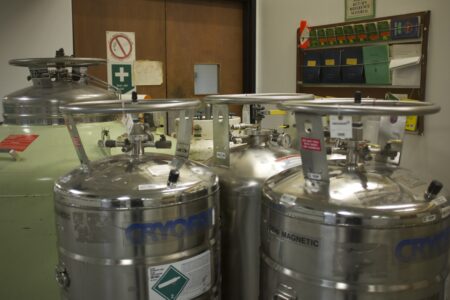I have been suffering for a week from a vexing stomach bug that has had me living on nothing but an hourly soda cracker and oral rehydration salts.
It has nonetheless been very exciting to read about the excellent work being done by the Meadoway project, in which a 16 km stretch of hydro corridor has been turned into a giant re-naturalization project. The corridor runs all the way from the eastern edge of the Don Valley to the Rouge and Toronto Zoo area.
Their 2025 annual report is detailed, beautifully illustrated, and inspiring. Toronto has a great opportunity to add new ways of getting around the city on foot and by bike, avoiding cars, while achieving all the erosion and biological benefits of re-introducing native plants at scale.
Their restoration manual is highly interesting too, and shows a laudable desire to share lessons with everybody.
As soon as ground conditions, weather, and health allow, I want to take my first real bike trip of the year to see the early emergence of the plants of interest out in Scarborough.







